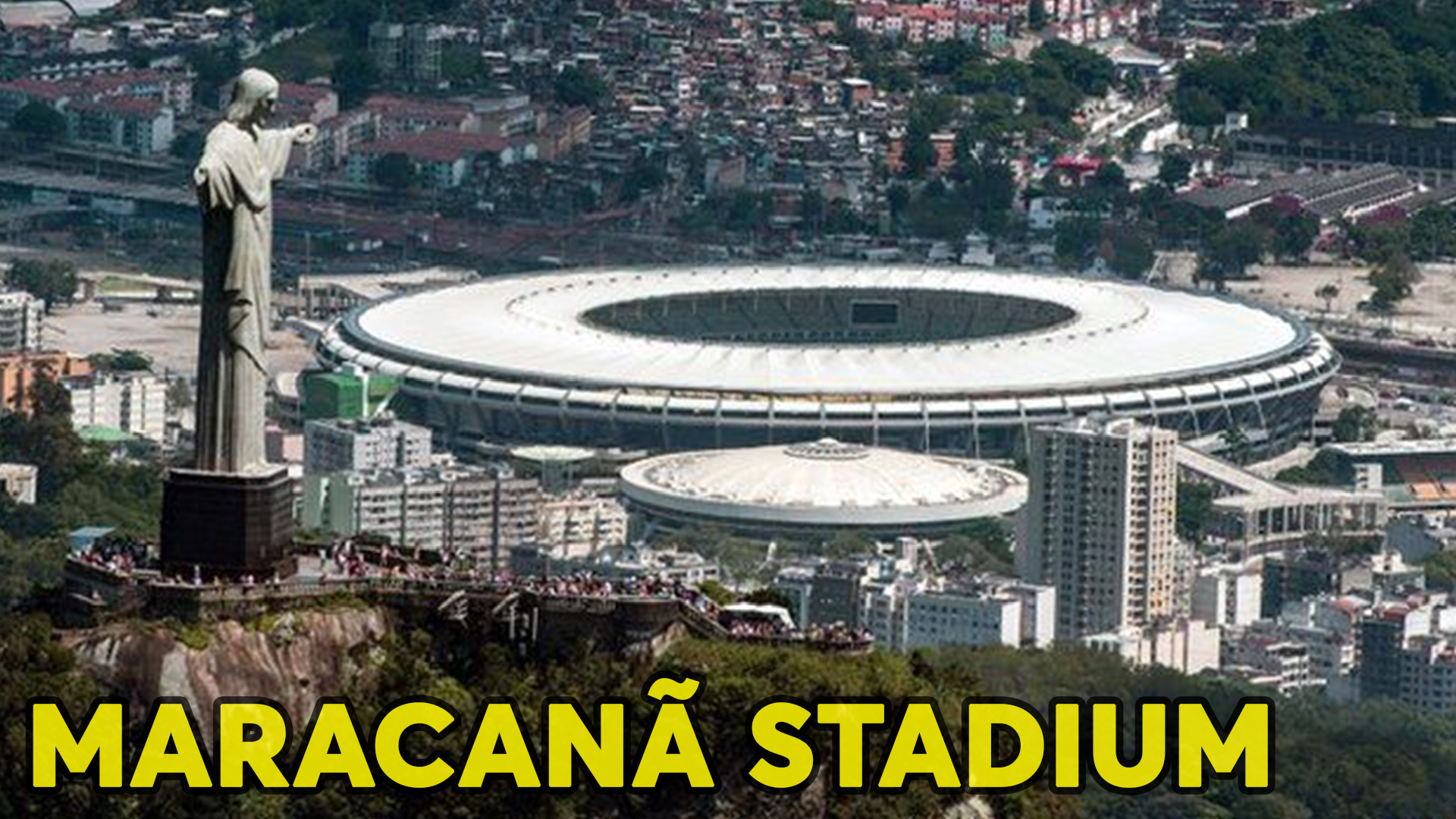Maracana Stadium, also known as Estadio do Maracana, is a football stadium located in Rio de Janeiro, Brazil. It is the 2nd largest stadium in South America, with a seating capacity of 78,838. Maracana Stadium is known for its rich history and has played host to many important football matches, including the 1950 and 2014 FIFA World Cup finals.
The Maracana Stadium was built in 1950 for the FIFA World Cup, which was held in Brazil that year. The construction of the stadium was a major undertaking, and it took three years to complete. The design of the stadium was inspired by the ancient Roman Colosseum, with a large oval shape and tiers of seating. The Maracana Stadium was officially inaugurated on 16 June 1950, with a match between Brazil and Yugoslavia.

Maracana Stadium has a long history of hosting major football events. In addition to the FIFA World Cups, the stadium has also hosted the Copa America, the Pan American Games, and the Olympic Games. The stadium is also the home of Flamengo and Fluminense, two of the top Brazilian football clubs.
Maracana Stadium is known for its passionate and loud crowds, which often create a lively atmosphere during matches. The stadium has also been the site of many memorable moments in football history, including Pele’s 1,000th goal and Brazil’s controversial loss to Uruguay in the 1950 World Cup final, which was attended by 200,000 fans, the record for any World Cup game.

In recent years, Maracana Stadium has undergone renovations to modernize and improve the facilities. The renovations included the installation of a new roof, new seating, and improved accessibility for fans with disabilities. The renovations were completed in 2013, in time for the 2014 FIFA World Cup.
Despite its rich history and iconic status in the world of football, Maracana Stadium has faced its share of challenges. In the past, the stadium has struggled with financial difficulties and has been the site of several violent incidents, including a stampede in 1992 that killed three people.

Maracana Stadium is a significant and iconic symbol of Brazilian football and culture. It has a rich history and has played host to many important football matches and events. Despite facing challenges in the past, the stadium has undergone renovations to modernize and improve its facilities, and it remains a popular tourist attraction and venue for concerts and other events.




